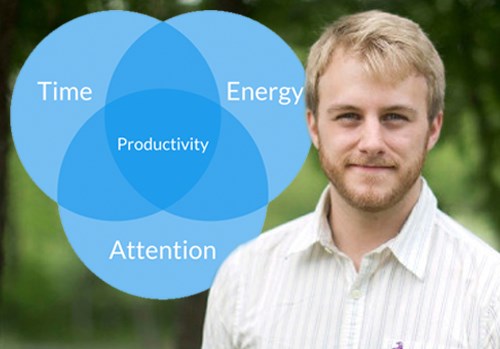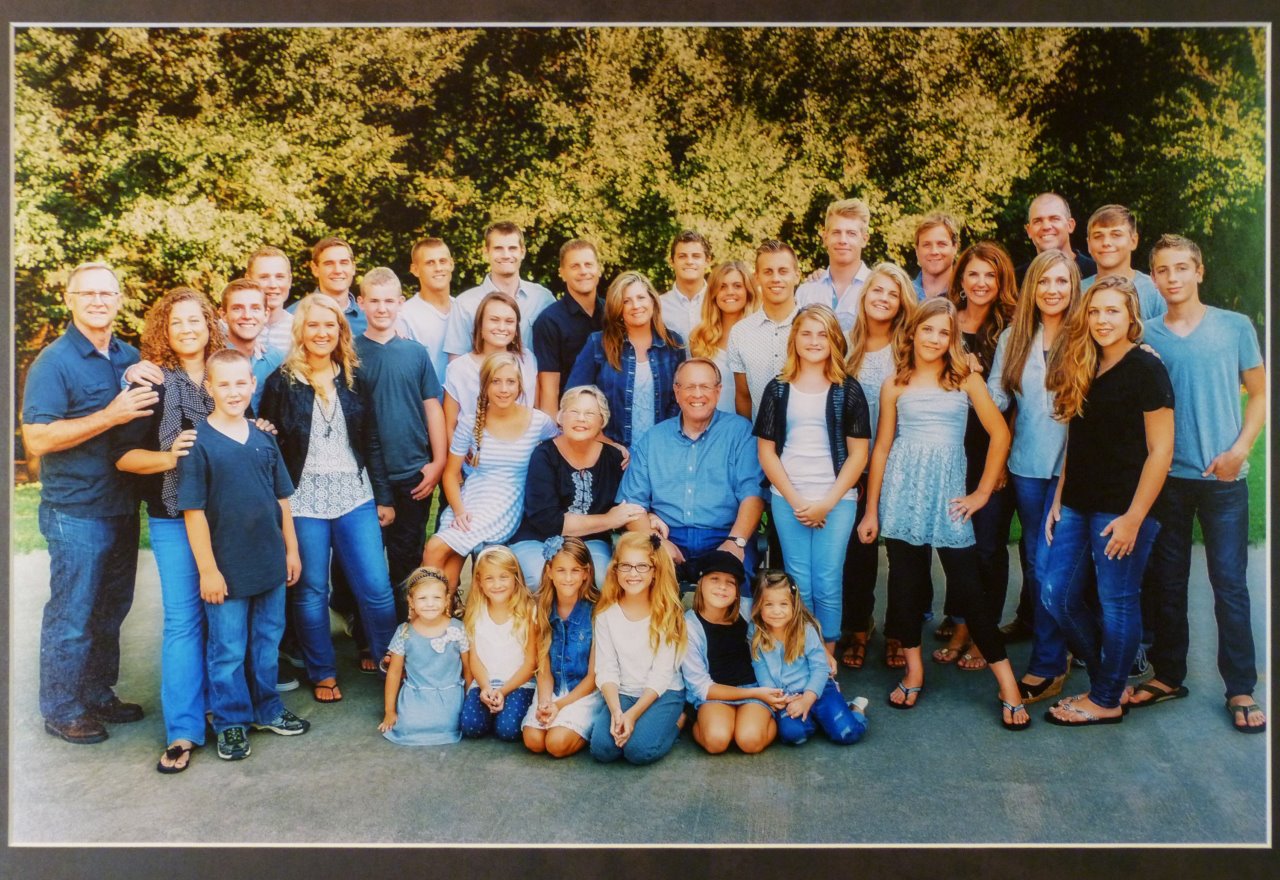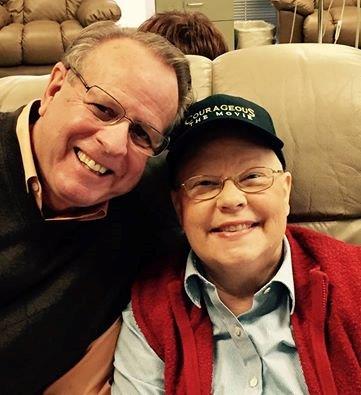[Today’s blog is Part 3 of 3 – excerpts from a talk given at an ISBC Women’s Ministry Holiday Dinner with the theme: Vintage Christmas – Matters of the Heart. See Part 1 – Capacity – here; Part 2 – Caring – here.]
We’re talking about matters of the heart – the kind of character our Godly mothers, grandmothers, and great-aunts demonstrated…that we learned and want to pass onto to our children and grandchildren.
…which takes us to the last character trait to consider…for us in this generation, and for generations forward (when we will be considered vintage…but God isn’t).
Constancy
No matter how old we are, we have people in our lives who are constant. They are those we count on; those who always show up. No. Matter. What. They are faithful to God and faithful to us. Let’s just take a moment to think, even looking around us, at some of those dear women in our lives. Let’s remember those who aren’t with us anymore but who taught us how to be constant in our love and in our lives.
When we lived overseas, we were daily reminded of how only God could work the miracles that must be worked for people to receive the truth of the Gospel. Our neighbors were steeped in a very different worldview. They saw Jesus as a good man but the Saviour. The fact that we desperately need Him to restore us to a holy God was foreign to them.
Every day…every single day…God called us to show up with His love and His word…in those places and for those people. That constancy was tested every day because it would have been so easy just to stop showing up.
One of the verses from God’s Word that kept us going was Galatians 6:9 where Paul encouraged believers, saying, “Let us not grow weary while doing good, for in due season we shall reap a harvest if we do not lose heart.” Photo Credit: Pinterest
Photo Credit: Pinterest
God has already promised us that His purposes are not thwarted; He will complete His work; He will finish what He started in us.
God calls us to keep showing up…following His example in our own lives.
This is how we get to “Well done, good and faithful servant” (Matthew 25:23). By showing up, time after time, with whatever gifts we have. We don’t have to be rockstars of any kind…we have a God who equips us to be exactly what is needed in any situation. Our constancy radiates His greatness. We can count on Him.
A few years back, I discovered a Christian sister, by the name of Kara Tippetts. We never met but she wrote in her blog in such a way it was like receiving a letter from a dear friend. She wrote about her walk with God through a relentless cancer. Over the course of her diagnosis and treatment, she adjusted to a very different life. However, she continued to show up. For her family. For her friends. For all of us who watched for every report of her life and how God met her each step of the way. She modeled showing up…and emboldened those in her life to show up for her…in all that hard.
 Photo Credit: Mundane Faithfulness
Photo Credit: Mundane Faithfulness
Just shy of her 40th birthday, she finished her race and went to be with the Lord. Leaving behind 4 sweet children and an adoring husband.
It was both terribly sad and gloriously beautiful.
In the last months of her life, she managed to write three books…three books!!! The last one was a dialog between her and her friend, Jill. By that time, it was all Kara could do to show up, the disease had so done its ill.
This is what she had to say about constancy…even in the hardest of situations…
“If God asks us to do something, then He’s also going to show up to carry us through it. And when we walk in community with one another, we will be kept.”
 Photo Credit: Just Show Up, Kara Tippetts & Jill Lynn Buteyn
Photo Credit: Just Show Up, Kara Tippetts & Jill Lynn Buteyn
Completely cared for by God Himself.
He is faithful. His infinite capacity fills our small hearts; His perfect love magnifies the care we offer to others, His steadfastness gives us what we need to be constant.
In His strength and love, we become the women of that adage: “When her feet hit the floor, the Devil says ‘Oh no, she’s up!’” The evil one battles with us to fail…but we will not, with our eyes on God.
From Genesis through the whole of Scripture, we see the word “shield” and that God is our shield. Against any evil. When we take God seriously and put our lives wholly in His hands we become a force to reckon with – whether we’re 14 or 50 or 82. We will experience attacks from the evil one – he doesn’t want us to be successful as Christ’s image-bearers. We may even take friendly fire from other believers. It happens, and sometimes the enemy is us…but God takes what was meant for evil and makes it for good in our lives. We have His promise.
 Photo Credit: FBC Mt. Pleasant
Photo Credit: FBC Mt. Pleasant
Hear the Word of the Lord: Finally, be strong in the Lord and in the strength of His might. Put on the full armor of God so that you will be able to stand firm against the schemes of the devil. – Ephesians 6:10-11
Brent Curtis, a Biblical counselor and author of a favorite book of mine The Sacred Romance, wrote about how God demonstrates His own constancy when we show up for someone:
“God graciously showed me this several years ago while I was in the midst of an intense, three-year spiritual battle on behalf of a client.
One night, David (not his real name) called me on the phone at three in the morning, in the midst of painful spiritual torment. We talked and prayed and I began to read from the Psalms. Finally, I could hear by his deep breathing that he had fallen asleep. As I lay on my dining room floor…something wonderful and strange took place.
In my heart, I heard a voice say, “Brent, forget about the battle. You’re here with me now. Rest.” I looked up, actually expecting to see God in some way, or perhaps an angel. What I did see was the light in the room change. I find myself wanting to say it grew more distinct, almost more personal. I only know I discovered that my hand was raised in the air in worship. I didn’t decide to raise it. I am not, by any means, an expressive person in the charismatic sense of the word. It was simply as if there was no other appropriate response and my hand acted accordingly. For several minutes I basked in what I can only describe now as God’s warmth and love toward me. The epiphany ended with me reading the Twenty-third Psalm and others it seemed the Lord had chosen to assure me that I was not alone in the battle.”
When we live with capacity for Him, caring for others, and constancy in being there, we may, at times, come under attack, but we will never be alone.
The Old Testament prophet Zephaniah reminds us of this: “The Lord your God is among you, a warrior who saves. He will rejoice over you with gladness. He will be quiet in His love. He will delight in you with singing.”
No matter what your situation…even when you feel God has been “too quiet” in His love…or you have been waiting such a long time for something…God’s love is constant, trust in that, and God is in the waiting, with us, Dear Ones.
[Special thanks for the ISBC Women’s Ministry and the opportunity extended to me to speak at their holiday dinner. The sweet beauty of the Vintage Christmas displays was surpassed by the faces and hearts of the women present. They would make their grandmothers proud. I was unable to get images of all the women so will leave you with a few more images of just some of the tables. Blessings.]




















































